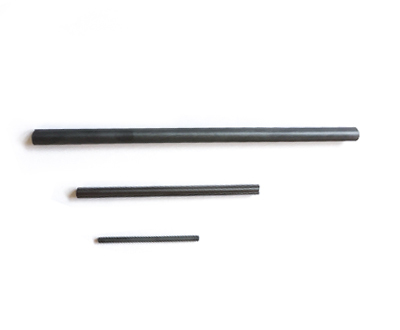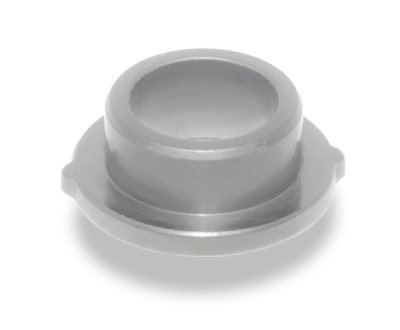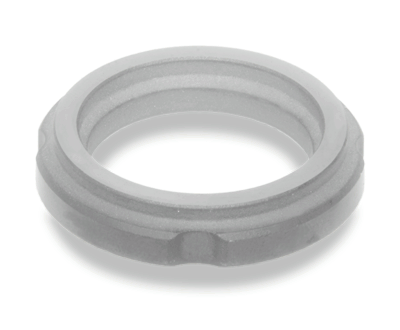-
CONTACT US:
+41 44 843 20 00
-
E-MAIL
info@ceramdis.com
-
ADDRESS:
Im Tubental 5, CH-8352 Elsau

ADVANTAGES OF Silicon carbide
Silicon carbide is mostly used in applications that require high thermal conductivity. Its extreme hardness, resulting extraordinary resistance to wear, and excellent chemical resistance are the distinguishing qualities of this material. It has become an irreplaceable cornerstone of chemical process engineering, milling processes and dispersion technology.
Silicon carbide is the lightest and also the hardest ceramic material with a very good thermal conductivity.

SSiC-CS10
Sintered silicon carbide (SSiC) is made out of very fine SiC-powder and is characterised by his very high stiffness even at high temperature.
- extreme good thermal conductivity (7 x better than stainless steel)
- high thermal shock resistance
- highest wear resistance
- extremely hard
- extreme chemical resistance
- highest Young’s modulus
- very good sliding properties
- small electric resistance
- low density
- colour: black

SSiC-CS10G
This material (SSiC with graphite) has been developed on the basis of the proven sintered silicon carbide CS10 and is employed where increased emergency sliding properties are required.
- increased emergency sliding properties through graphite particles in the structure
- extreme good thermal conductivity (6 x better than stainless steel)
- high thermal shock resistance
- highest wear resistance
- extremely hard
- extreme chemical resistance
- highest Young’s modulus
- small electric resistance
- low density
- colour: black

SiSiC-CS11
SiSiC stands for highest thermal conductivity amongst silicon carbides. Metallic silicium infiltrate the SiC structure and allows sintering without shrinking. Therefore it is advised for very big components.
- extreme good thermal conductivity (10 x better than stainless steel)
- highest wear resistance
- very good sliding properties
- small electric resistance
- low density
- colour: black
Products







